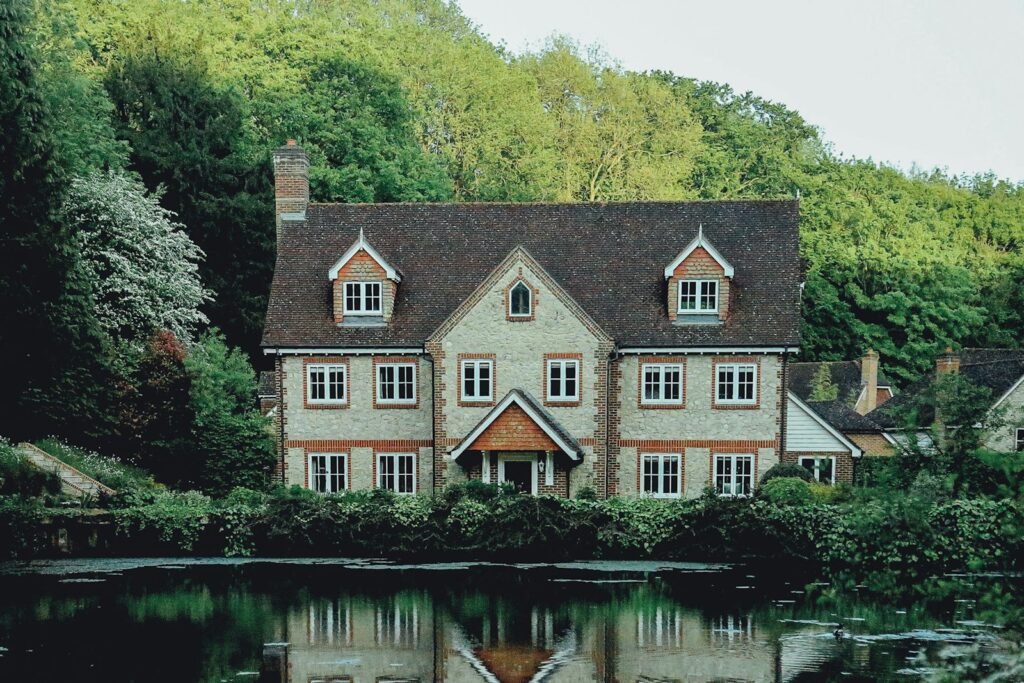How Much Does It Cost to Paint a House? Your Complete Painting Cost Guide
The cost of painting a house can vary widely. Understanding what influences prices helps homeowners make smart choices. A new coat of paint can boost your home’s look and value, leading to better curb appeal. Let’s dive into the costs and factors that guide house painting expenses.
The Value of a Fresh Coat: Curb Appeal and Property Value
A well-painted home looks inviting. A fresh coat can enhance your property’s value, making it appealing to potential buyers. According to real estate studies, new paint can return up to 107% of your investment when selling your home, highlighting its importance.Factors Influencing House Painting Costs: Size, Prep, and More
Several factors affect the total cost of painting:- House Size: Larger homes need more paint and time.
- Preparation Work: Cleaning, sanding, and repairs increase overall costs.
- Location: Prices can vary based on where you live.
What This Guide Covers: Your Path to Painting Cost Clarity
This guide breaks down everything you need to know about painting costs. From labour and materials to hidden fees, we’ll ensure you have a clear picture of your expenses.Understanding the Cost Breakdown: Labor vs. Materials
Painting costs are generally split into two main categories: labour and materials.Labour Costs: Hourly Rates and Project Duration
Labour usually makes up a significant part of the total expense. Painters often charge between £15 and £50 per hour, depending on experience and location. Project duration can influence costs too.- Basic job: 1-2 days
- Larger projects: Up to a week
Material Costs: Paint Types, Primer, and Supplies
Material costs vary based on the type of paint and how much you need. On average, you might spend:- Paint: £20 to £100 per gallon
- Primer: £10 to £30 per gallon
- Supplies: Brushes, rollers, and drop cloths, usually around £50 to £100
Hidden Costs: Permits, Repairs, and Unexpected Issues
Don’t forget about potential hidden costs. Some areas require permits, and old homes may need repairs before painting. Always budget for unexpected issues, which can add 10-20% to your overall costs.Factors Affecting the Total Cost of Your Paint Job
Remember, several elements can tweak your budget further.House Size and Exterior Features: Square Footage and Complexity
The bigger your home, the more you’ll pay. Complex features like gables or multiple colours can also affect the price.Paint Quality and Type: Premium vs. Budget-Friendly Options
Higher-quality paint lasts longer and looks better. Expect to pay more for premium options, but the investment can save money in the long run as it requires fewer repaints.Project Scope: Simple Repainting vs. Extensive Repairs
If you’re just repainting, costs will be lower. However, if repairs are needed (like fixing siding or rotting wood), expect a significant price increase.Choosing the Right Painter: Professional vs. DIY
Deciding between hiring a painter or going the DIY route can impact your budget.Hiring a Professional: Benefits, Costs, and Finding Reputable Painters
Professionals bring skill and experience but come with a higher price tag. Always check references and read reviews to find a reputable painter.DIY Painting: Cost Savings, Time Investment, and Skill Requirements
DIY can save money, but it requires time and effort. Make sure you’re ready for the work involved. This includes proper preparation, skill in painting, and clean-up.Comparing Costs: Professional vs. DIY
- Professional costs: £1,000 to £3,500 for an average-sized home.
- DIY costs: Primarily materials, generally £400 to £1,000.
Getting the Best Bang for Your Buck: Tips for Saving Money
Finding ways to save on your project is essential. Here are several methods to get the best value.Negotiating Prices: Tips and Strategies for Getting the Best Deal
Don’t hesitate to negotiate with painters. Discuss the scope of work to see if they can offer a better rate.DIY Prep Work: Saving Money on Labour Costs
You can save by doing prep work, such as cleaning and minor repairs. This reduces the labour time needed and, thus, costs.Choosing Affordable Paint Without Sacrificing Quality
Look for sales or bulk discounts to find good paint without overspending. Think budget-friendly brands that still deliver quality.Conclusion: Making Informed Decisions for Your House Painting Project
Painting your house doesn’t have to break the bank. By knowing what affects costs, you can budget more effectively. Be aware of your options, whether hiring a professional or painting yourself.Key Takeaways: Budgeting, Planning, and Choosing the Right Approach
- Plan ahead: Understand your costs and budget accordingly.
- Research: Compare painters and paints.
- DIY prep: A little work can save you money.

